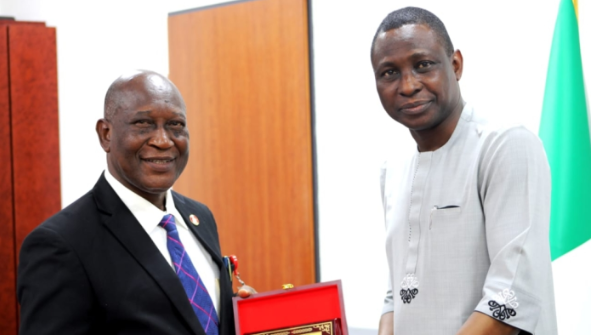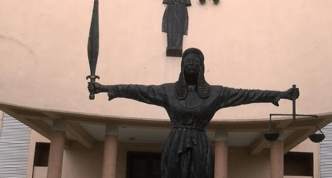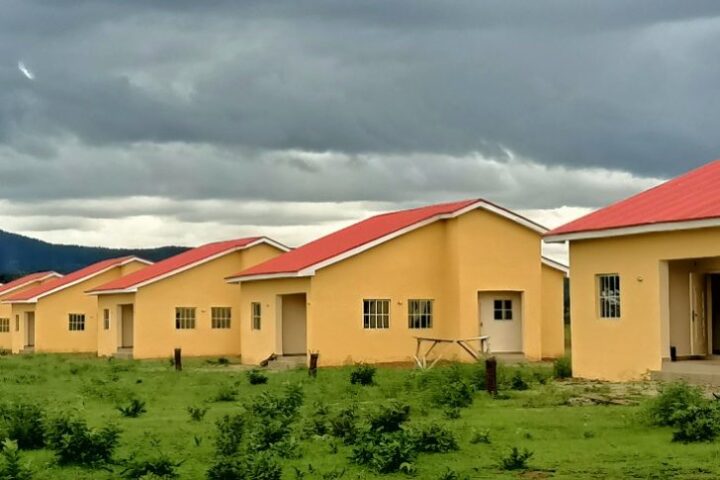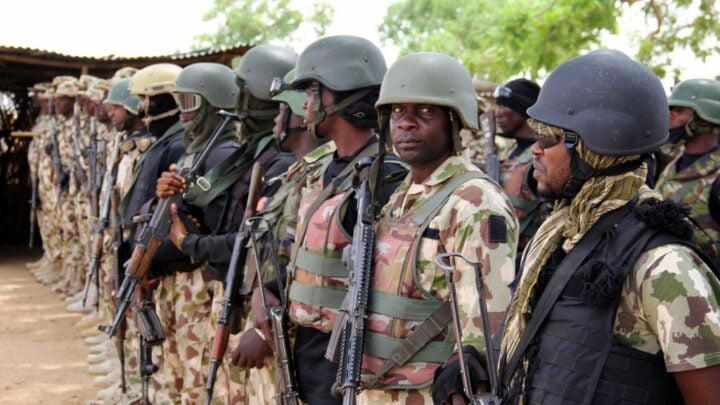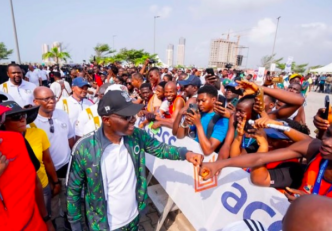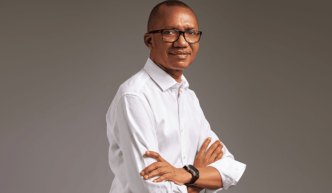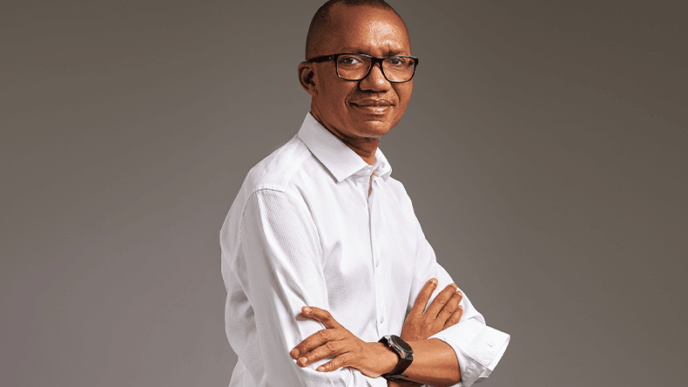BY MUKHTAR YA’U MADOBI
Corruption has long been a major impediment to Nigeria’s socio-economic progress, eroding public confidence in institutions and hindering national development. Due to the heterogeneous nature of Nigerian society, the fight against corruption has been a complex and multifaceted challenge.
It requires not only robust investigative and legal frameworks but also effective communication strategies to foster public understanding, build trust, and encourage citizen participation. Recognizing this, the Centre for Crisis Communication (CCC) recently paid a courtesy visit to the Chairman of the Economic and Financial Crimes Commission (EFCC), Mr. Ola Olukoyede, at the agency’s headquarters in Abuja.
The visit, led by CCC Chairman, Major General Chris Olukolade (Rtd), underscored the Centre’s commitment to fostering collaboration with the EFCC, particularly in the area of strategic crisis communication. The CCC Chairman expressed solidarity with the agency’s ongoing efforts to promote transparency and accountability across the public system.
Advertisement
He commended the EFCC for its significant achievements in uncovering high-profile corruption cases, emphasizing the agency’s dedication to ridding Nigeria of financial crimes. Meanwhile, crisis communication remains a critical tool in shaping public perception and ensuring that institutions maintain transparency, accountability, and trust.
Unfortunately, despite its commendable efforts in tackling financial crimes, the EFCC often finds itself at the receiving end of misinformation, misrepresentation, and deliberate attempts to discredit its operations.
Major General Olukolade acknowledged this challenge, stating that CCC’s doors remain open for collaboration in public sensitization campaigns. He emphasized that effective strategic communication can help correct false narratives, counter media trials, and promote public understanding of the EFCC’s mandate and achievements.
Advertisement
Additionally, proactive public enlightenment and perception management will strengthen the EFCC’s credibility and effectiveness in the fight against corruption. The EFCC’s recent successes—including the historic arrest of 792 cybercrime syndicate members, among them foreigners, in Lagos, and the seizure of 753 duplex units linked to corrupt individuals who had looted public funds—are testaments to the agency’s relentless commitment to justice.
However, these milestones often get overshadowed by misinformation, reducing public support for the EFCC’s mission. One of the key concerns raised by EFCC Chairman Olukoyede was the growing trend of public sympathy for corrupt individuals, often manifesting in protests against their prosecution.
He lamented that rather than commending the EFCC’s efforts, segments of society choose to align with those facing corruption charges. This misalignment is largely fueled by inadequate public enlightenment, media misrepresentation, and targeted propaganda by corrupt individuals seeking to evade justice.
It is evident that some mischief-makers exploit loopholes in communication to tarnish the agency’s image, making strategic advocacy and awareness campaigns more crucial than ever. The EFCC’s intelligence-driven operations, which require discretion and sometimes limit the immediate release of details to the public, are often misinterpreted. This underscores the need for strategic communication to explain the agency’s methods and achievements effectively.
Advertisement
A partnership between the CCC and EFCC can bridge this gap. Through joint initiatives, both institutions can work toward reshaping public discourse around corruption, reinforcing the message that financial crimes are detrimental to national growth, and urging Nigerians to support—rather than obstruct—the EFCC’s efforts
Beyond enforcement, the EFCC is now focusing on preventive measures to curb financial misappropriation before it escalates into complex legal battles. By adopting intelligence-driven strategies, the agency seeks to tackle corruption at its roots, reducing the burden of prolonged court proceedings.
Olukoyede reaffirmed the EFCC’s commitment to leveraging advocacy, sensitization, and public engagement to complement its enforcement mechanisms. The collaboration with CCC will help drive this agenda by crafting compelling narratives, organizing public awareness campaigns, and equipping Nigerians with the right information to actively support the anti-corruption fight.
The EFCC’s battle against corruption is not just a fight for the agency; it is a fight for Nigeria’s future, in which every citizen is expected to contribute their share of efforts toward achieving this mandate. Fighting corruption is everybody’s business, not the EFCC’s alone. Nevertheless, with the CCC stepping in to amplify the commission’s efforts through strategic communication, there is renewed hope for fostering a corruption-intolerant society.
Advertisement
By leveraging media engagement, grassroots advocacy, and digital campaigns, the CCC and EFCC can work together to counter false narratives, highlight success stories, and reinforce the message that corruption is an enemy of national progress.
This partnership is not just about strengthening the EFCC’s image; it is about reinforcing a national culture of integrity, where transparency and accountability become the cornerstones of governance and public service. As the collaboration unfolds, all stakeholders—including the media, civil society organizations, and the general public—must rally behind this cause, ensuring that the fight against corruption remains unwavering and successful.
Advertisement
MUKHTAR is a research fellow at the Centre for Crisis Communication (CCC). He wrote via: [email protected]
Advertisement
Views expressed by contributors are strictly personal and not of TheCable.
Add a comment
